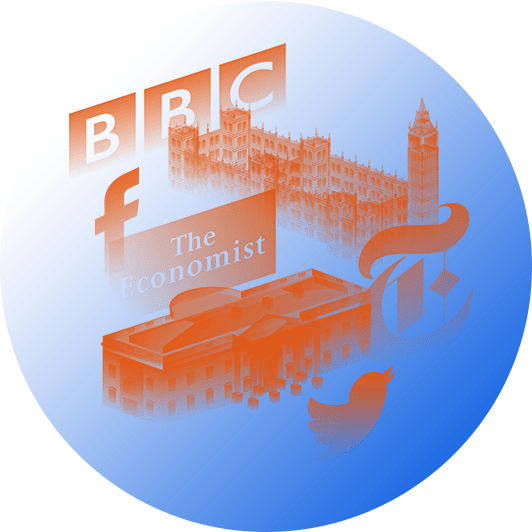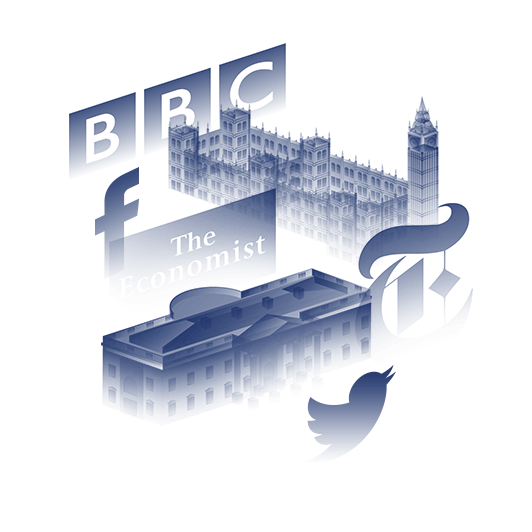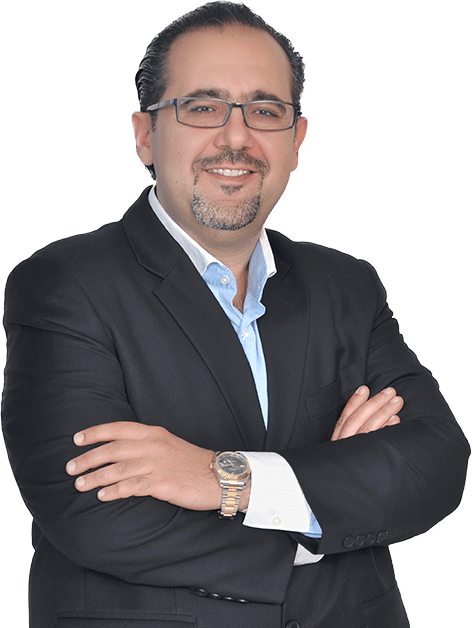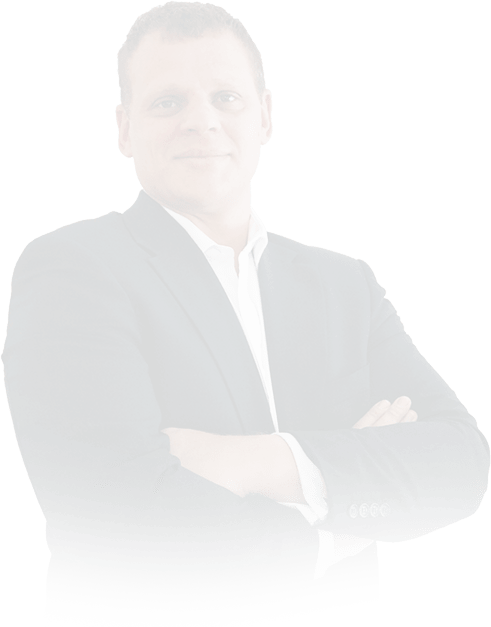Manage a complex press office within a region in conflict
Assist a political party under pressure
Improve a nation's international communications
Build capacity for a key national function
Assist a nation in the midst of the Arab Spring
Act as a spokesperson for an international taskforce
Turn around a failing change programme and save £2m
Act as a spokesperson for a strategic national organisation
Communicate through conflict during a national crisis
Cohere a siloed organisation
Improve communications capacity for an international agribusiness
Deliver communication skills and capacity to an international organisation
Provide specialist communications training
Situation
NATO required an individual to lead the operational communications function based in Kabul, Afghanistan during a period of sustained military operations.
Approach
Carried out whilst serving in the UK armed forces, our personnel deployed to Afghanistan leading a multinational team to deliver 24/7 news management and liaising with representatives of all major global news outlets.
Outcome
Our personnel delivered sensitive information to media outlets circumventing both logistic and geographical constraints through strategic and clearly defined contact broking between senior journalists and military personalities.
Situation
Under pressure on several fronts, a major political party stood accused of financial malpractice in the UK.
Approach
Our personnel led a team encompassing senior counsel, crisis, legal and political communications, dealing with issues across 3 continents. They developed close professional relations with key political leaders, allowing the organisation to select, form, train and operate an international press office function. A full programme of communications and engagement activities was conducted such that the organisation could put its side of case across, including visits to the European Parliament.
Outcome
When outstanding cases against our client were ceased by the CPS, a fully-functioning international press office capability was able to react proportionately and appropriately to enquiries, marking the organisation out as a progressive force in a turbulent region.
Situation
We were asked to select, train and mentor to an international press office function to sit at the heart of Emirati life. The first requirement was a personal programme for our client’s senior leaders, followed by a plan designed to improve the capability of existing personnel and future hires.
Approach
A programme to rapidly build communications capacity was proposed. This included establishing a course and programmes conducted by personnel in London.
Outcome
As the programme progressed, the client gained a better understanding of their team; their different personalities and professional capabilities. After each element, personnel implemented the new ideas and knowledge they had gained, leading to significant improvements in communications capacity.
Situation
Our client instructed our team to lead, build and operate a communications function for an organisation where no such capacity previously existed. This presented the team with the task of designing and building a fully operational press office from the ground up.
Situation
An initial audit phase was undertaken followed by capacity building. This phase required the recruiting, hiring and training of 25+ personnel, who, following the programme’s launch, would ultimately take full control of the department’s communications. The complex geopolitical climate in question had to be afforded great consideration. The team also assisted the department with other sensitive matters.
Outcome
The project had influence on both the local and regional stage. Sentiment analysis showed a slowly improving picture as many outlets began to use our key messages and narrative.
Situation
Amid the turbulence of the Arab Spring, with elections approaching and tensions rising, this organisation was poorly prepared to communicate properly with its key stakeholders at home and abroad. With limited time, a process was required through which its most appropriate staff could be selected and trained, after which a communications division would need to be created, manned and operated from scratch.
Approach
We delivered an accredited programme, training candidates in news skills, planning and monitoring functions. All candidates were rigorously assessed. On completion of the course the team worked to identify, assess and recommend appropriate personnel to form a new international press office. We then selected the key staff to form the new unit, which became operational within three days of activation.
Outcome
The department’s staff worked alongside our personnel to run the press office, offering international journalists a dedicated point of contact whilst in-country.
Situation
The UK Armed Forces required an individual to promote the activities of an international taskforce and build the communications capacity of domestic Bosnian stakeholders.
Approach
Our personnel required a detailed knowledge of the historical context of the Balkans and the issues at hand. An effective network was rapidly developed, with the communications function re-aligned to engage and develop domestic Bosnian journalism and train government personnel.
Outcome
Communications were delivered in direct support of operations as a ‘force multiplier’. A trebling in positive press items resulted, with the press office focussed on a programme of engagement with key stakeholders including government personnel.
Situation
A UK government communications department contracted a global consultancy to initiate a re-prioritisation programme. Its aim was to fund investment, paid for by efficiency savings. Unfortunately, a clandestine approach, coupled with a lack of staff consultation threatened key outputs and business continuity.
Approach
Our personnel worked quickly to understand the reputational and operational threats to the organisation. We took change of the change programme on an interim basis and immediately embarked on a programme of all-staff briefing at forums conducted across the UK. Relationships were built with key stakeholders, including Civil Service and Union representatives to ensure mutually acceptable solutions. Working within a reduced resource-envelope, a new functional and positional structure was designed for the organisation, with a programme of national workshops conducted to ensure that all staff had the opportunity to understand and engage with the new proposals.
Outcome
The programme successfully saved the UK government c.£2m pa without affecting business continuity. Approximately one third of the workforce saw their roles change significantly. On completion of the project, the organisation is now recruiting new staff and adopting new and more efficient procedures.
Situation
The Royal Navy required an individual to lead communications between the Secretary of State for Defence and the UK national press. It required briefing and preparation at the highest levels of the service and government.
Approach
Carried out whilst serving in the UK armed forces, our personnel required an intimate knowledge of the ministry, the sector, the defence correspondents and the communications theory that joins them all together. Flexibility, risk appetite and pace lay at its core
Outcome
As a largely reactive role, success often came in the form of what wasn’t published. Where news-space allowed, proactivity was also key, including the execution of communications plans linked to major operations and equipment programmes.
Situation
With a new regime in power after a coup d’état, a multinational company needed to work fast to engage with key stakeholders and protect its assets.
Approach
Our personnel were engaged to assist with communications to a new administration intent on renegotiating contracts and implementing punitive fees. Following sanctions, tasking changed into the implementation of a robust and resilient communications strategy.
Outcome
As well as successfully communicating through a period of intense crisis, we wrote and implemented a new communications strategy; managed issues, organised a programme of key leader engagement and introduced robust communication protocols.
Situation
A government department had decided to review its communications function, creating a professional career path for its personnel. Historically, much of the department had been discredited, creating a legacy of difficulties which affected its ability to deliver the outcome required.
Approach
We conducted an audit which highlighted the need to enhance the capacity and capability of the frontline staff. We delivered a two-day seminar to address key issues and better understand the complexities and difficulties faced by the organisation. We also arranged guest speakers from national media organisations.
Outcome
Using our personnel to bring the communications apparatus together was a profitable experience for all involved. Participants and senior personnel were able to exchange views and share concerns, with breakout sessions specifically configured to address problematic areas.
Situation
An international agribusiness and the country’s largest foreign direct investment required senior strategic communications advice and assistance in advance of a publication of a report into their land acquisition and clearance process.
Approach
After visiting the company’s premises and meeting with key stakeholders, our personnel undertook an appraisal of the organisation’s communications, developed messaging around issues raised by the report and clarified policies concerning their land acquisition process, environmental and ecological safeguarding and their respect for local infrastructure. Their capacity to engage with stakeholders was enhanced through the appointment of a communications officer, by the formation of a comprehensive website and the development of their communications capacity.
Outcome
The client continues to operate in-country. After the implementation of these changes, they had a significantly enhanced capacity to understand the perspectives of their stakeholders, and to effectively deal with local and regional communications in-house.
Situation
Our personnel were required to hire and train a team of communications specialists providing round-the-clock consultancy to a third party.
Approach
Full use was made of operational expertise in the country in question, coupled with hard-won cultural experience to ensure that the right people were both selected and then employed.
Outcome
Despite being in the most demanding of environments, a subtle shift in sentiment amongst key audiences was noted. Results in this case would be measured over months, if not years.
Situation
Our client required us to deliver a strategic-level communications course to senior personnel at an internationally renowned leadership and management college.
Approach
This course took the recipients through a communications journey from the strategic requirement to communicate, to issues that can be faced at the operational level and on to experiential solutions for delivery. The presentations were a mix of theory (including professorial level communications experts), practice (including renown international journalists) and delivery techniques (including play-back options for live training).
Outcome
Participants were about to assume a positions of authority and now use both sound theory and best practice, when communicating with international media.





















